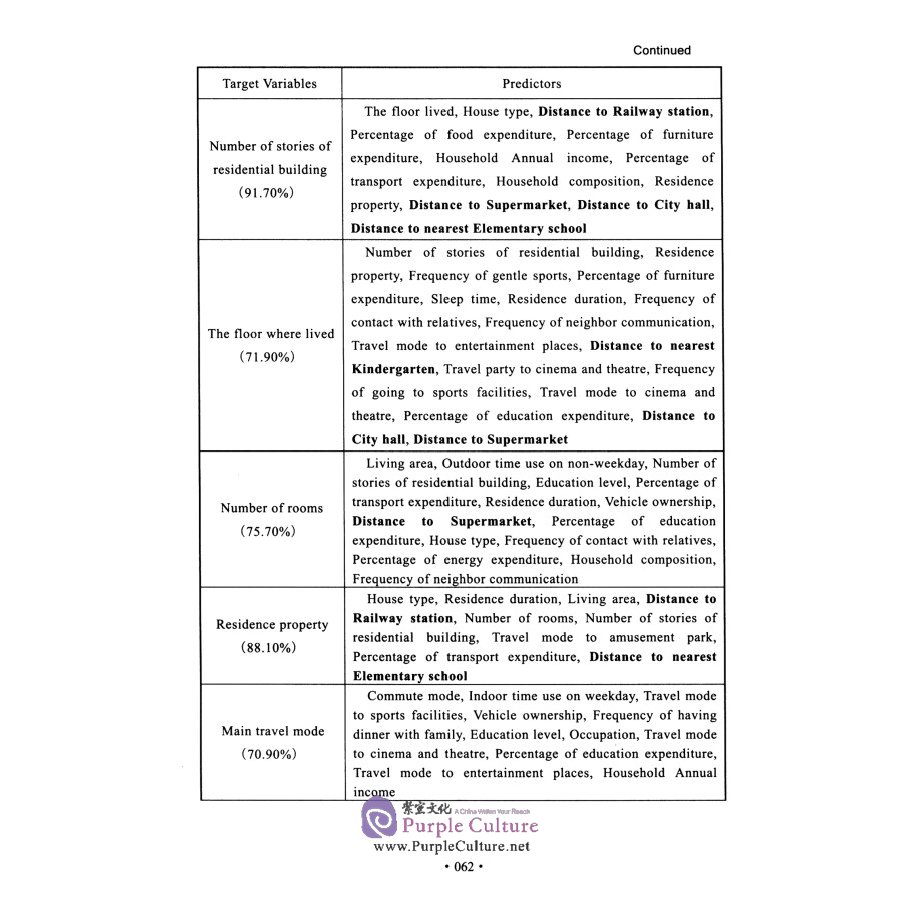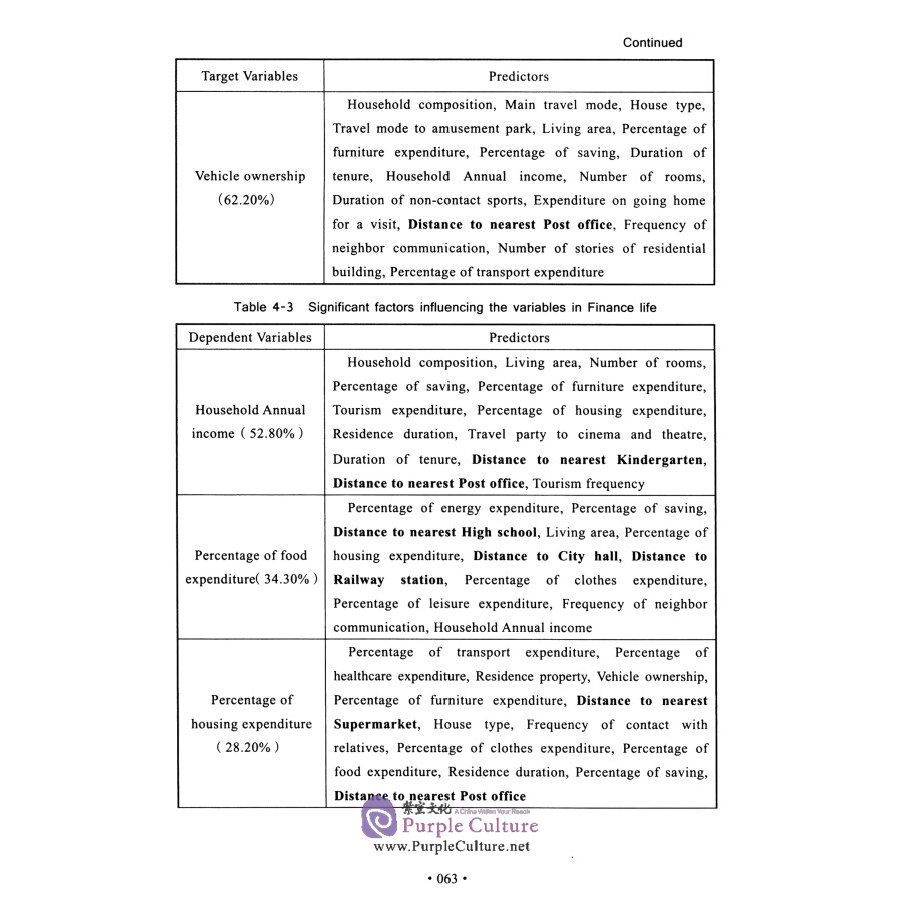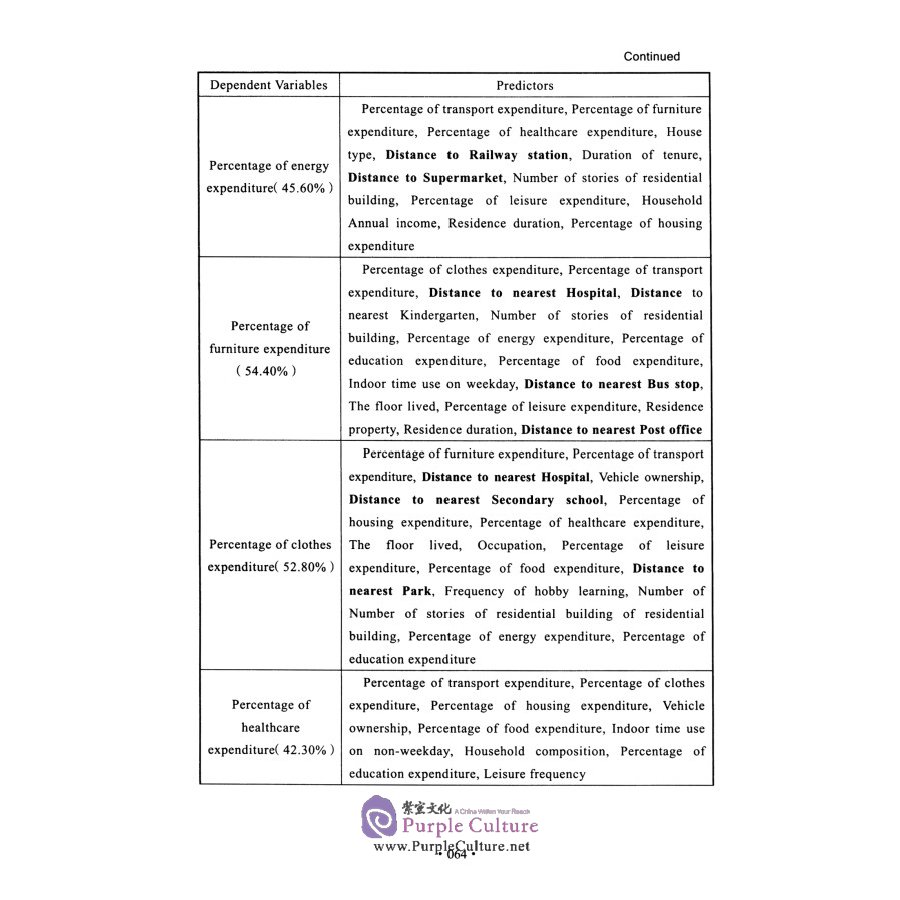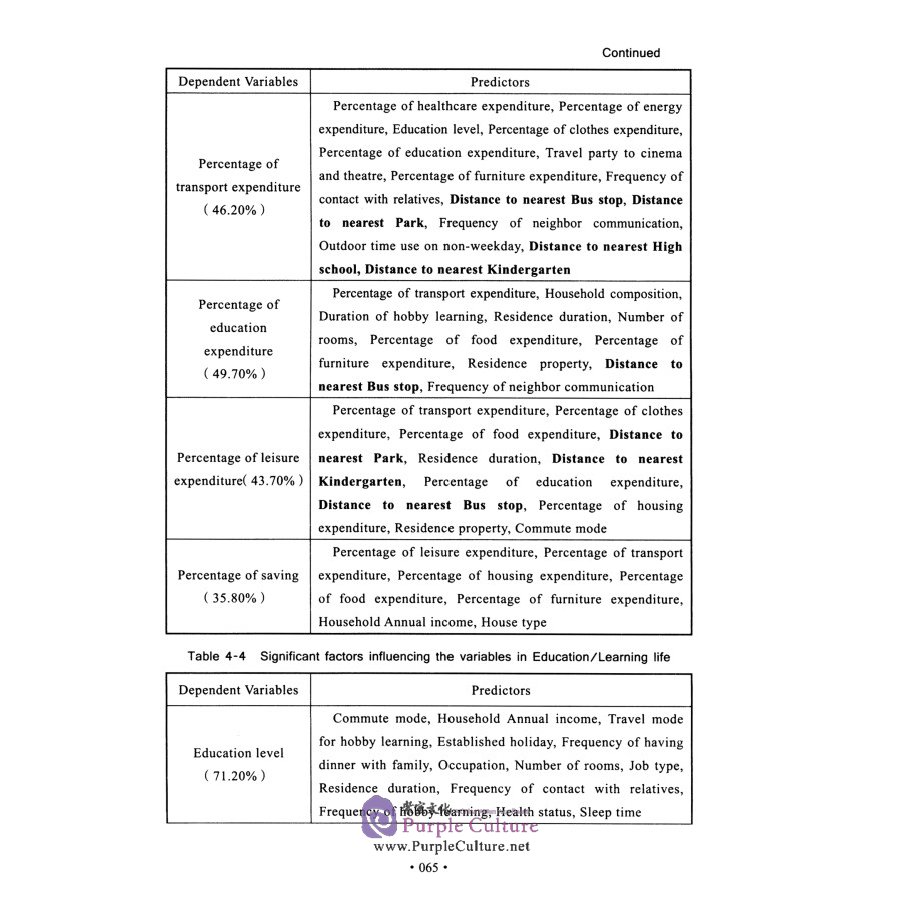Sample Pages Preview



 Preface
Preface
In the field of land use and transport studies, residential and travel behavior is an important topic and has been widely researched. As a part of life choices, residential and travel behavior are expected to be interdependent with other life choices, considering that residence is a basic element of human life and travel is a "necessity" for participating in various activities outside homes. Especially, various life choices might be interacted with each other, which are further linked with people's quality of life. However, the above interdependencies have not been satisfactorily explored in the sense that little has been done to examine the interdependencies across a set of life domains, even though one can find studies dealing with several life choice variables. Behaviorally, ignorance of interrelated life choices in a choice model may result in serious biases during model estimation. From the policy making perspective, such ignorance may lead to the failure of consensus building across different sectors and different stakeholders.
In line with such considerations, Zhang (2014, 2015) proposed a life oriented approach in 2010, which argues that people's life choices in various domains (e.g., residence, social, health, education, employment, family life, leisure and recreation, finance, and travel behavior) are interdependent. For residential and travel behavior, it can be further argued that residential and travel results from various life choices. Considering such interdependencies, it is not unrealistic to claim that understanding of residential and travel behavior should not be constrained by the boundary of integrated land use and transport research. Unfortunately, studies consistent with such considerations are scarce and under-researched. This study aims to fill in the blanks. First, I plan to examine the values of life-oriented approach proposed by Zhang (2014, 2015) in the context of land use and transport planning. Second, three social issues in Japan are targeted: (1) women's labor participation and childcare, (2) young adults' lives (e.g., out-migration), and (3) elderly mobility. These three issues are closely related to land use and transport studies.



